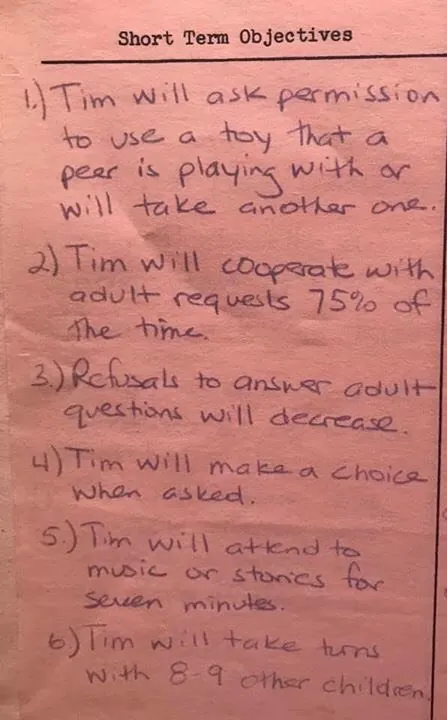How to Ensure the Success of Sales Training

These days, most organizations know the value of sales training. Companies now invest billions of dollars a year in equipping their sales teams with the skills and best practices that, ultimately, boost sales and improve revenue. With the time and expense of training, sales organizations should seek out a holistic training program that best fits their needs, with a proven, aligned methodology and a record of success. As all training programs are not created equal, use the data in your CRM to identify areas where your team is falling short, and find a single or a mix of multiple training programs that address the skills related to these areas. With that in mind, here are five tips for organizations to manage expectations and ensure the success of any sales training initiative:
- Establish Clear Objectives & Messaging
Essential for a successful training is establishing objectives and creating a communication plan that is delivered from the company’s leadership about the training, why it is needed, and the value it will provide. Establishing a strong communication plan upfront ensures the participants approach the training excited and enthusiastic and are less likely to push back. This is also an opportunity to consider your tenured sales team members and how the messaging to them may be different in order to ensure their support and buy-in to the training.
- Get Managers Involved in Training
Another key to a successful sales training is getting executives and managers involved. Too many sales organizations start from the mistaken idea that sales training is just for their reps without considering executives or the sales managers responsible for coaching and guiding those reps to achieve the organization’s goals. Having executives onboard helps create a top-down culture that values training, while sales managers must determine how to best sustain and reinforce the skills and processes addressed in training to achieve the company’s goals. Also, sales reps are more likely to buy-in and engage the training knowing their managers are actively involved themselves.
- Training Should be Interactive and Engaging
Educational studies show that the more students interact and engage with their learning material, the more likely they are to retain the information. The same is true for sales professionals. For this reason, select a sales trainer with the personality to best connect with your team. For the sales training to provide the required skills and instill long-term behavioral changes, the reps should actively engage the material through quizzes, contests, and role-play. These can provide a healthy competitive aspect to the training and create the necessary interaction that aids in retention and makes for a successful sales training initiative.
- Provide Evaluation
No training can be judged a success or failure without the proper evaluation. Most training providers will share the results of surveys that reveal how your reps feel before and after a training. These metrics are critical to gauging the success of the training. They can identify which skills the reps feel they have most improved and show how they expect to employ these skills in their real deals. In addition, the best training providers will conduct on-going additional surveys post training, so you can see how much of the material from training is retained and utilized in actual practice. Use this information to identify ROI and performance improvement directly related to the training.
- Provide Reinforcement
Reinforcement is crucial to the success of sales training. According to the Aberdeen Group, organizations that focus on sustaining change through post-training reinforcement see 34 percent more first-year sales reps achieve quota. In addition, Training Industry found that, without reinforcement, 50 percent of the content learned is not retained after five weeks. Best-in-class training providers will feature reinforcement options that can include virtual coaching, self-paced electronic reinforcement and sustainment apps and programs, or coaching certifications of their sales methodology.
Sales training represents a significant investment in your sales force. To get the most out of it and see the success reflected in your KPI, a sales organization needs to approach training with clear expectations. Critical to a successful sales training initiative are the organization’s objectives, management involvement, the interactivity and engagement of the training, proper evaluation, and reinforcement. An organization that considers these five factors when they select a sales training provider will be taking the steps necessary to ensure the success of the training and see an equally significant return on their investment.

- Account Planning (11)
- Awards (49)
- Client Testimonial (37)
- Personal Branding (19)
- Podcast (11)
- Research (70)
- Sales Career Development (87)
- Sales Coaching (156)
- Sales Consulting (137)
- Sales Culture (170)
- Sales Enablement (354)
- Sales Leadership (109)
- Sales Management (248)
- Sales Negotiation (16)
- Sales Prospecting (125)
- Sales Role-Playing (18)
- Sales Training (235)
- Selling Strategies (263)
- Soft Skills (70)
- Talent Management (94)
- Trusted Advisor (27)
- Virtual Selling (49)
- Webinar (9)

























